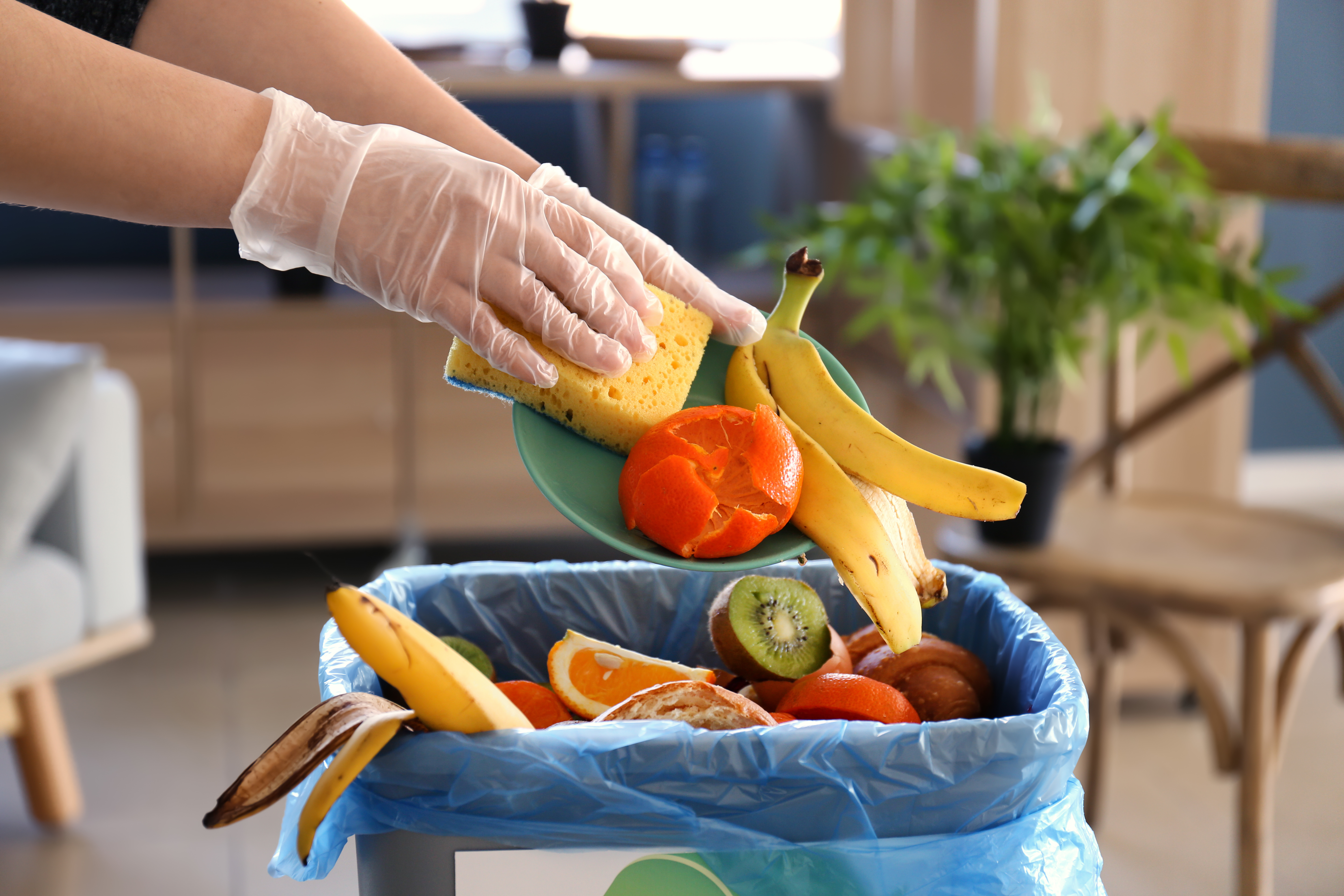From Classrooms to Kitchens: EU’s COMBINE Project Tackles Food Waste Across Europe
Last Updated : 17 April 2025Brussels, April 17th, 2025 – From homes and schools to workplaces and canteens, the COMBINE project supports the EU’s goal to slash food waste by 30% across the Union and is rolling out across multiple settings in Finland, France, Italy, and Portugal. Working closely with local partners, including schools, restaurants, and municipalities, the programme enters its important diagnostic phase, analysing food waste habits and identifying priority consumer groups across the participating nations.
“To reduce food waste effectively, we need to understand why it occurs and what the triggers are that mean good food goes to waste. It’s also crucial that we engage with people continually throughout the day, and not just in one location. Food waste happens in the home, at school and where we work – so that’s where we need to focus attention,” says Thomas Candeal, IFWC Project Coordinator. “COMBINE goes beyond mere awareness — it focuses on fundamentally transforming consumer behaviours through action and collaboration, creating a lasting impact on food waste reduction.”
In a coordinated approach across the five participating countries, COMBINE has the following objectives:
- Smart Interventions: To test education, social nudges, and behavioural tools where they matter most — in real-life environments.
- Clear Metrics: To use the EU Joint Research Centre’s Food Waste Prevention Calculator to assess how food waste reduction benefits the environment.
- Evidence-Based: To analyse real-world case studies to identify the most effective strategies for reducing food waste. The project also brings together NGOs, private companies, and public bodies to create real-world, scalable solutions.

The first round of tailored interventions begins in summer 2025, followed by full implementation expected by the end of the year.
ENDS
Background
Food waste is a significant issue within the European Union, with profound economic and environmental implications. Approximately 88 million tons of food are wasted annually in the EU, leading to an estimated financial loss of €143 billion each year.1 Food waste accounts for at least 6% of the EU's total greenhouse gas emissions, thereby contributing to climate change.2
In response to these challenges, the EU has implemented several policies aimed at reducing food waste, including the Farm to Fork Strategy launched in May 2020 as part of the European Green Deal. The European Commission also proposed legally binding targets to reduce food waste by 10% in processing and manufacturing, and by 30% per capita across retail, restaurants, food services, and households by 2030.
About COMBINE
COMBINE is an EU-funded project bringing together municipalities, NGOs, researchers, and businesses to develop and test innovative, multi-setting interventions to reduce consumer food waste.
COMBINE Project is delivered through a partnership coordinated by the International Food Waste Coalition (IFWC – France) in collaboration with the Kuluttajaliitto - Konsumentforbundet Ry (Kulut – Finland), the European Food Information Council (EUFIC – Belgium), the Universidade Nova De Lisboa (UNL – Portugal) and the Invento Innovation Lab Impresa Sociale S.r.l. (InVento – Italy).
Contacts
Communications:Stephan.kampsfhoff@eufic.org & dina.levinson@eufic.org
Project coordinators: thomas.candeal@wrap.ngo & stephane.leroux@wrap.org
1https://www.eurofoodbank.org/o...
2https://eeb.org/eu-wastes-more...